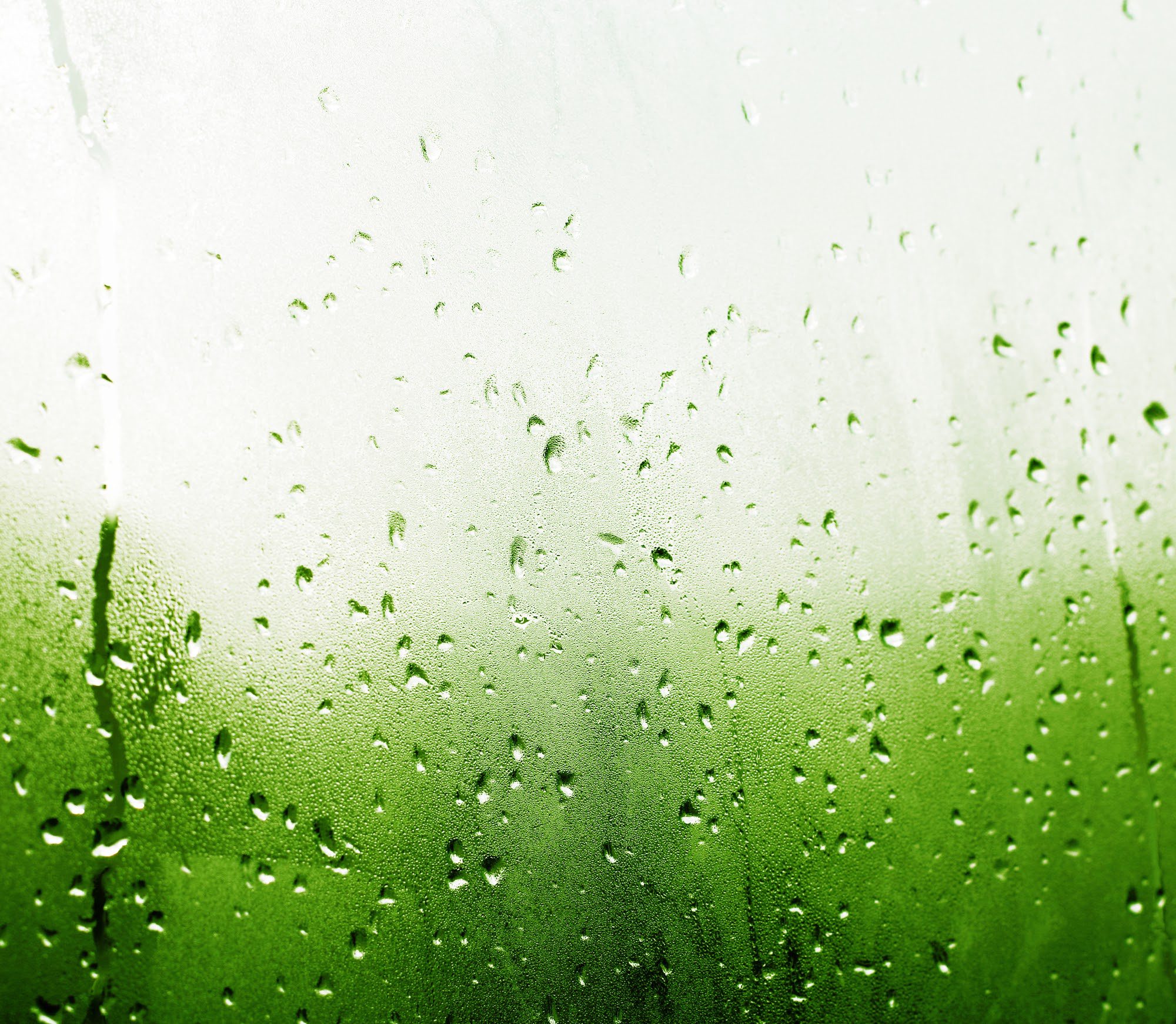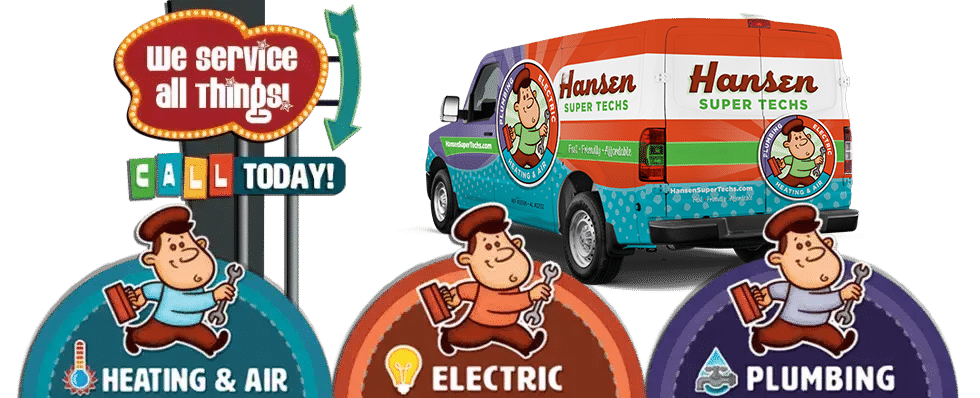Does Humidity Affect My Air Conditioner?

High moisture levels both outdoors and inside your house can negatively affect the functioning of your AC unit. An AC works by drawing out hot air and excess moisture from the air in the house and blowing cool air back in. However, when the humidity level gets too high, the AC may not be able to perform as it should. Knowing how humidity affects the air conditioning process will help you develop better solutions to maintain comfortable indoor conditions regardless of the season. Here are various ways in which excess moisture can affect your AC.
1. High Humidity Cancels the AC’s Cooling Effect
When there is more water vapor in the air, the sweat on your skin won’t evaporate as quickly, making the temperature feel a bit warmer. If your AC doesn’t have adequate cooling capacity, it might not keep up with the moisture level. Hence, your house won’t feel comfortable. Your skin will begin to feel clammy while you are in the house, and the moisture can even start to fog up your windows.
2. It Results in Uneven Cooling
When humidity is high, your AC may not be able to cool all the rooms adequately. You will thus begin to experience some hot and cold spots in your house. While you might think that a larger AC will help solve this problem, it only worsens the situation. An oversized AC will cool your house very quickly then shut off. It will cycle on and off frequently, and it won’t draw out moisture from the air efficiently because it isn’t on long enough. You will then begin to notice that some areas within your house appear cool while others are hot and humid.
3. High Humidity Will Strain the AC
In very humid conditions, you will need to run your AC often and for more extended periods. Your unit will have to work harder to cool the house and remove the high amount of moisture. The strain that this causes on the AC and the internal parts will begin to make its impact gradually. As a result, you might experience frequent breakdowns that call for emergency repairs. Eventually, the AC may break down earlier than expected. The best way to control humidity is by installing a whole-house dehumidifier in your existing unit. This system uses the process of condensation to draw out excess moisture from your indoor air, which reduces strain on your AC.
4. The AC Will Become Less Energy Efficient
The longer your AC runs, the more energy it consumes. During humid periods, you will begin to note a spike in your utility bills. This is even worse when you buy a unit that is too small. Since it cannot cool a larger space, it will run continuously to achieve the set temperature range. This will only translate to greater energy consumption and increased wear rates.
5. It Leads to Mildew and Molds Growth in the Ducts
High moisture levels limit the AC’s ability to maintain good indoor air quality. A humidity level above 60% encourages mold growth on your furniture, walls, and even in the ducts. When you turn on your AC, it can recirculate the mold spores throughout the house. Such biological contaminants trigger asthma attacks and allergic reactions in people with compromised immune systems. Prolonged exposure to mold spores can cause skin irritation, watery eyes, a dry cough, nasal congestion, a sore throat, and respiratory problems.
In case of mold infestation, your house will begin to have a musty odor. When unchecked, the mold will continue to grow, and you will notice some signs of discoloration, warping, and peeling on walls, counters, floors, and more. If you have had an issue with excess humidity, change your filters often and have your ductwork cleaned regularly.
6. High Humidity Causes Excess Drainage
Once the warm indoor air blows over the evaporator coils, the coolant absorbs moisture and heat. The cold evaporator coils cause the excess moisture to condense, drip down and collect in the drain pan. When the humidity level is extremely high, more moisture will condense into water and flow into the condensate pan. If the volume of the water produced exceeds the drain pan’s capacity, it will begin to run off. You will thus begin to notice water puddles near your unit.
A clog within the drain line can also cause the water to back up, damaging internal components. Therefore, you should empty your drain tray and clear clogs in the drain line often during humid summer months.
7. The Moisture Creates an Opportunity for Dirt to Collect Inside the AC
The excess moisture causes various parts of the AC to become wet. Water attracts dirt and dust particles. When a layer of dirt accumulates, it can strain the AC and affect its cooling capacity. Such a system is prone to malfunction.
If you reside in the coastal region, salt spray can land on your AC components. The humid and salty conditions cause vital parts of the system to rust and corrode, including the compressor, evaporator coils, and condenser fan blades. With time, you might begin to experience refrigerant leaks and even failure of some of the AC’s parts.
Some of these compartments, like the compressor, are not repairable, and you might have to replace them or replace the entire unit. If you reside in an area that is known for its high humidity, have professionals inspect and clean your AC often. They can eliminate dirt buildup, detect early signs of rust, and take proactive measures to make sure that your AC unit continues to run at optimal efficiency.
8. High Moisture Levels Can Cause the Evaporator Coils to Freeze
If the outdoor humidity is very high, there is a chance that the evaporator coils will freeze up. This issue mainly occurs if you set your thermostat at a lower temperature, and your system runs continuously. Also, restricted airflow and the excess moisture drawn from indoor air can build up, causing the evaporator coil to freeze. This will interfere with the air conditioning process. When there is a lot of moisture in the air, open up all vents and inspect the ductwork to ensure unrestricted airflow. It’s also a good idea that you change the air filters every month.
Seek Professional Assistance for Humidity Issues
Excess moisture in the air can strain your AC, affect its functionality, and damage your system. If you have an older unit, you will begin to notice poor humidity control. Such an AC requires constant maintenance, and your technician may even advise that you replace a very outdated AC with an efficient model. You should also consult a professional about the right AC sizing for your house. Consider the level of insulation, square footage, number of room occupants, and windows to determine the suitable unit for your house. Having your home humidity level assessed by a professional before purchasing an AC is also vital.
If you are struggling with humidity issues, reach out to Hansen Super Techs. We offer dehumidifiers, air cleaners, and purification system services. Our company also provides AC and heating systems installation, repair, and maintenance services in Daphne, AL, and the surrounding regions. Give us a call today.

